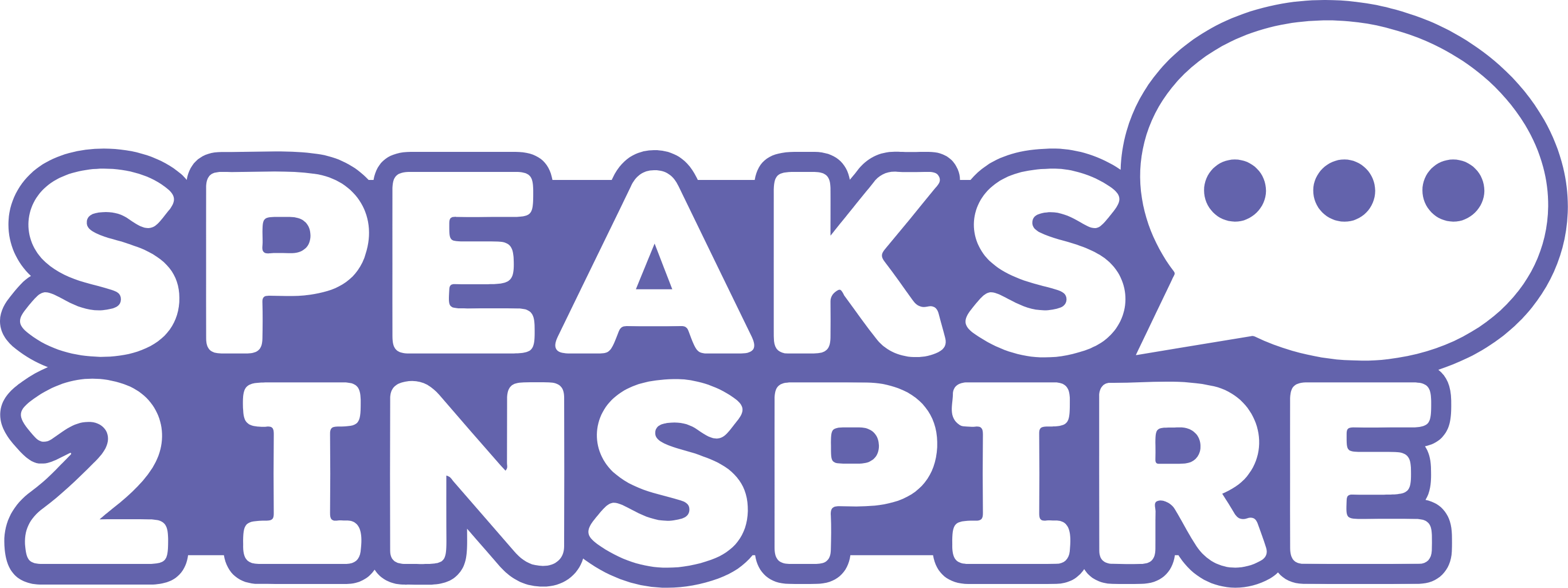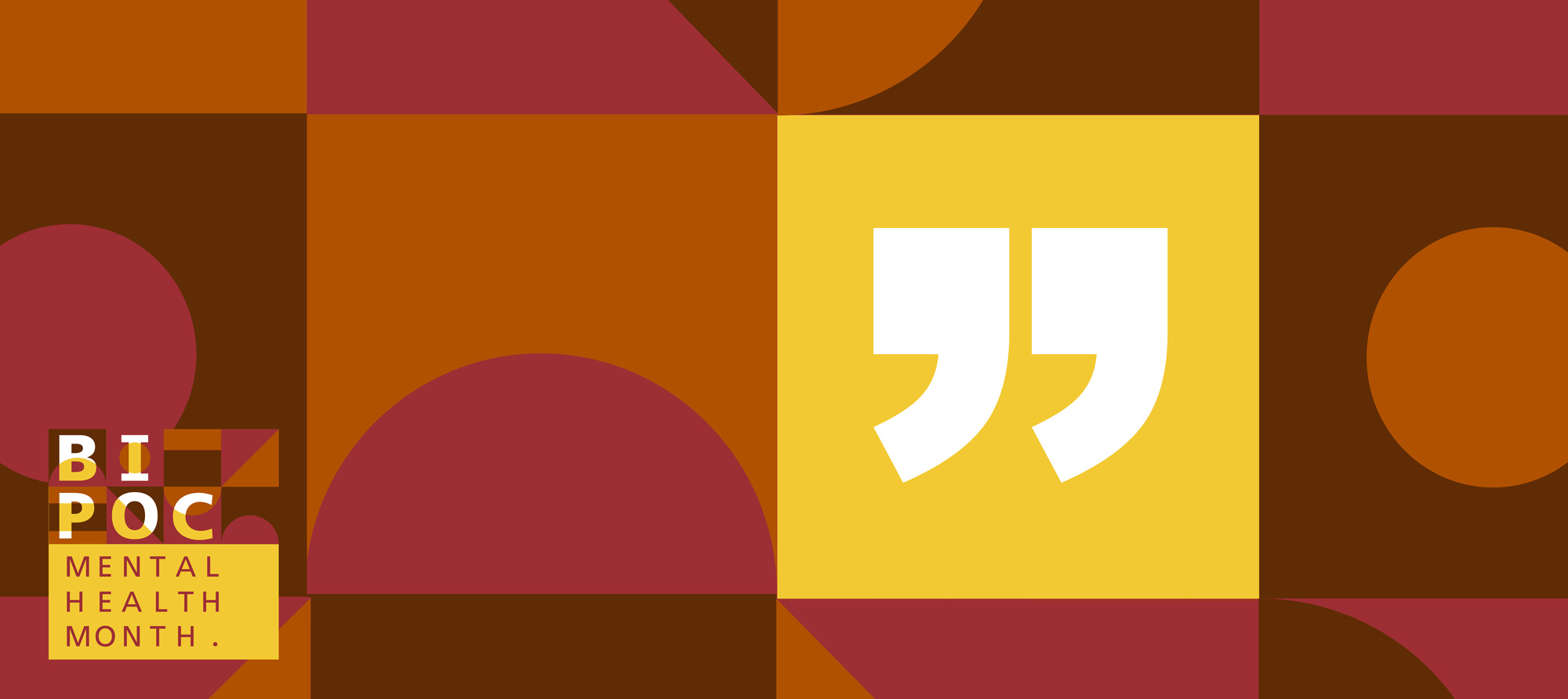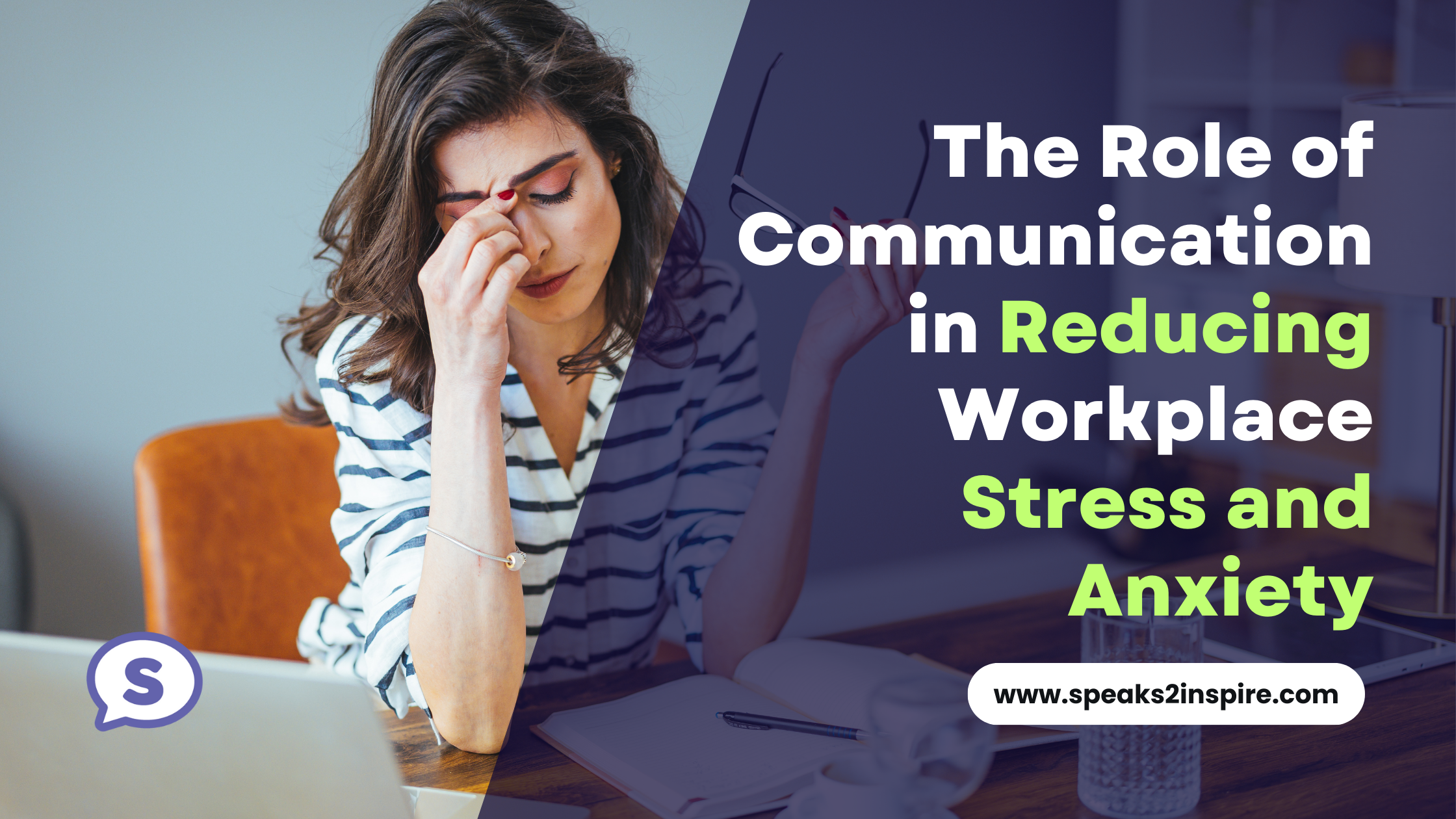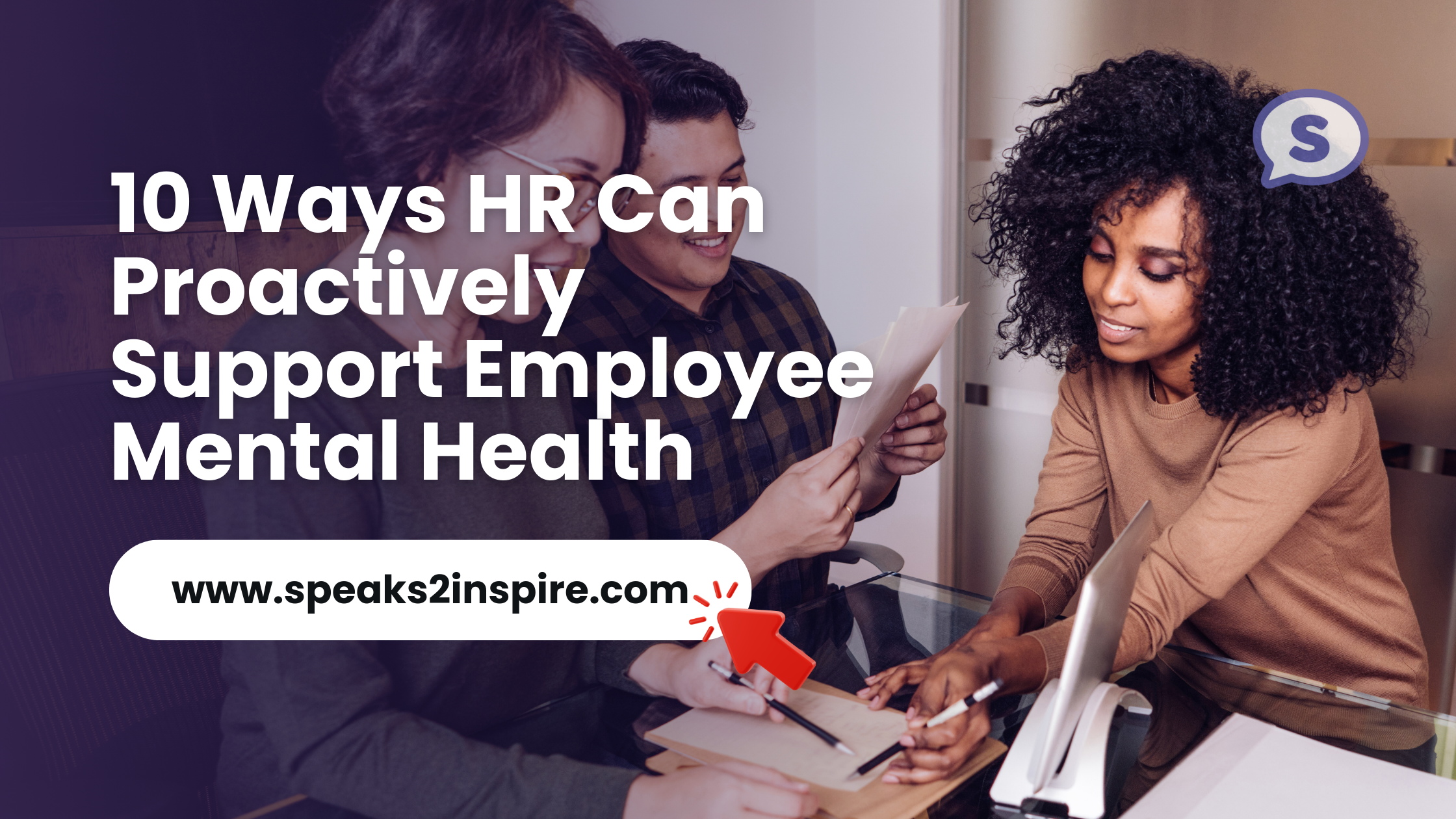This post was written by Active Minds: https://www.activeminds.org/blog/active-minds-bipoc-speakers-share-their-lived-experiences/
Abraham Sculley understands the importance of using his story and experiences to educate and inspire others, whether for one-on-one conversations or while speaking to an audience. Abraham graduated from the University of West Florida with his bachelor’s degree in Psychology and is now a certified Mental Health First Aid advocate.
What do you do daily for your mental health?
The first time I became aware of my mental health was after being diagnosed with major depression during my freshman year of college. That experience taught me the importance of prioritizing self-care and developing a routine for my mental health. I learned a lot of tools from therapy, many of which still serve me today, especially during a global pandemic. My morning routine is non-negotiable and I call it my mental training sessions. I start my day off with prayer, positive affirmations, deep breathing exercises, journaling, reading my bible, and working out.
How was mental health discussed in your household?
Growing up as the oldest son of two Jamaican immigrant parents, we talked about many things but mental health wasn’t a topic of discussion. Also, my religious upbringing taught me that mental illnesses were treated only through prayer and that individuals who struggled with their mental health were a result of a lack of faith or a means of punishment by God.
How has stigma affected your decision to seek, or not seek help for your mental health?
It took me a long time to share that I was struggling with my mental health because I was too afraid to be labeled as being weak or making excuses. Instead of showing “weakness” I taught myself how to suppress a lot of my feelings and found not-so-effective ways to cope with different stressors. Stigma played a huge role in my approach to seeking help and it wasn’t until things got worse before I decided to finally get help.
Why do you advocate for mental health?
As a black man, I understand the unique challenges that we face when it comes to opening up about our mental health and seeking help. The expectation of appearing strong at all times does not allow us to be human. We often suppress our real emotions because of the belief that we have to figure it all out by ourselves. Believing these lies kept me suffering in silence for a long time, and I advocate for mental health so that others who are struggling can hear my story and realize that they are not alone and that there is help available.




